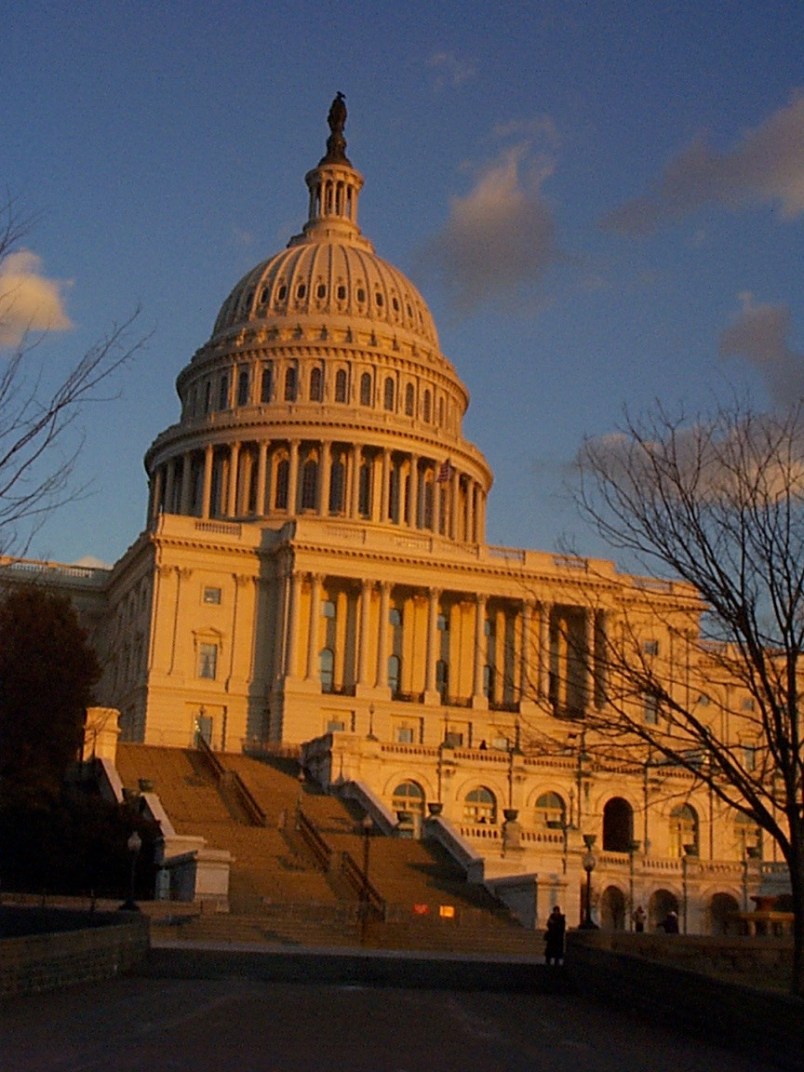Over the last few years in the hotly contested debate over Congress’ ability to direct money to pet projects in their district, advocates of the practice, known as earmarking, have repeatedly argued that eliminating earmarks would only amount to a drop in the deficit bucket and have no real impact on overall spending.
The details of the deal to avert a government shutdown go a long way in undermining that point as the government is saving $10 billion by eliminating money usually set aside for earmark spending, including $630 million for so-called earmarks to nowhere, money for earmarks that has never been spent.
The latest measure that funds the government through the end of September even slashes $4.2 billion in Department of Defense earmarks, once a sacred cow of senior lawmakers on Capitol Hill.
“This argument — that you wouldn’t save a dime if you cut earmarks — this [budget deal] is putting a lie to that,” said Steve Ellis, spokesman for Taxpayers for Common Sense. “The accounts that were most heavily earmarked — the pet rocks of Congress — are the ones that have been most penalized.”
In many ways, Senate Democrats and some Republicans proponents of earmarks are the biggest losers in the earmark battle because a contingent of House Republicans have pushed to get rid of them over the last few years, and President Obama has supported their elimination.
Republicans had engineered an earmark ban on future bills when taking back the House this year, and had zeroed out funds for earmarks in each stop-gap spending bill passed so far this year. But the budget deal cuts the most — and for the first time includes defense earmarks.
Last week, White House spokesman Jay Carney said the President would prefer to target such things as “earmarks for transportation projects, pork-barrel projects that remain in the proposal, and Pentagon spending, military spending that the Pentagon doesn’t want and says it doesn’t need” over deep cuts in education, medical research and community health centers.
The budget deal also reduces Federal Emergency Management Agency first-responder grants by $786 million, eliminating $264 million in funding that was previously targeted to earmarks, and rescinding $557 million in unobligated and lapsed balances from prior year funds.
The 2011 funding measure even gets rid of so-called orphan earmarks from transportation projects of yesteryear — $630 million worth. According to Ellis, these are for old earmarks funds authorized as far back as 2000 and 2006 in previous highway bills but have lost their viability most likely because state and local governments don’t want the projects any more so the money has been sitting around. In some cases, simple typos or procedural errors kept the money from getting to the actual projects in need.
It may sounds like an easy slush fund to slash, but before this year, even eliminating old earmarks was verboten on Capitol Hill. Rep. James Oberstar, (D-MN), then-chairman of the House Transportation and Infrastructure Committee, supported a bill last year that would have canceled more than $700 million in orphan earmarks from 1987 on. The bill, sponsored by Rep. Betsy Markey, (D-CO), passed the House, 394-23, and died in the Senate.
The lawmakers who championed it, Oberstar and Markey, lost their seats in the November elections.
As USA Today reported early this year in an investigative gem complete with interactive map, to make matters worse, many of these “earmarks to nowhere” count against a state’s share of federal highway funds and have taken billions of dollars away from state transportation departments.









